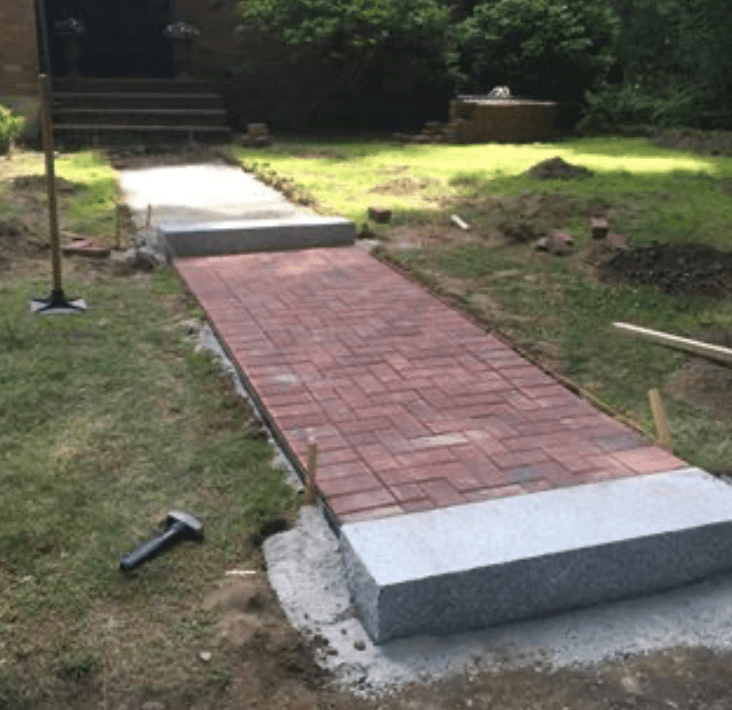
Can I Sue A Homeowner’s Insurance Company?
The liability of a homeowner for injuries or “Can I sue a homeowner’s insurance company” is a topic which clients often reach out to our office about. Does the property owner have homeowner’s insurance? What can I do if the homeowner refuses to go through their insurer? Can I even sue a homeowner if I’m injured on their property? These are a few routinely asked questions. Every personal injury case is different, and liability is often determined by the severity and origin of the injuries which were incurred on the property.
Yes, you can sue a homeowner’s insurance company. A more important question is whether you can establish liability or negligence of the homeowner and win the lawsuit.
Statistically speaking, according to The Insurance Information Institute, roughly 1 in 900 policies experience a claim for bodily injury as a result of something the homeowner did or failed to do.
Is the Homeowner Liable?
Liability is situational and arguably is the key factor when debating the legitimacy of any personal injury claim. In order for the property owner to be liable for your injuries, and your claim to be considered legitimate, there are a few requirements relating to both the severity and origin of your injuries that must be met.
- Where did the injury occur?
- Your injury must have occurred within the property belonging to the homeowner. The homeowner is generally responsible for the safety of others on his/her property.
- Were you on the property legally?
- Trespassing typically negates any homeowner’s liability, unless the homeowner grossly overlooks and actively ignores a serious hazard on their property, and/or expects trespassers. Otherwise, to be liable during trespassing, the property owner must have acted aggressively towards you in an unreasonable manner.
- Was the homeowner negligent?
- The injuries must have been caused by the property owner’s own negligence. If any of your actions specifically caused your injuries, the homeowner is not likely to be held accountable for them.
- If there is a hazard overlooked by the homeowner, which caused your injuries, you may be able to establish negligence and therefore liable for damages.
Homeowner’s Insurance
Often, the first determination to be made when pursuing a personal injury claim against a homeowner is whether or not they have insurance on the property. Typically if a property owner has a mortgage, they have homeowner’s insurance, because mortgage companies require it. However, if the homeowner owns the property free and clear, with no mortgage, there is a possibility they do not carry the homeowner’s insurance.
The primary way to discover whether or not the property owner has homeowner’s insurance is to ask them. If the homeowner refuses to tell you this information, but you suspect they may have insurance because you know they have a mortgage, the only way to obtain that information is by suing the property owner, and demanding that information through the court’s discovery process.
What happens after I make my claim?
Prior to suing the homeowner’s insurance company, you’ll make a claim. First, if you are injured on someone else’s property due to the homeowner’s negligence, inform the homeowner’s insurer as quickly as possible. The insurance company’s suspicion of illegitimacy will rise as time passes.
A claim is not a lawsuit against someone’s homeowner’s insurance company. A claim is just that– a claim for damages, in hopes of being paid for your injuries. After a personal injury claim is made against the property owner, an insurance adjuster from the homeowner’s insurance company will typically contact both the insured (homeowner) and the claimant (you) in order to gain perspective regarding the injury and facts surrounding it. The adjuster may ask for a recorded statement about what occurred on the property which caused your injuries. Do not give them a recorded or written statement without first consulting with your lawyer.
If the adjuster is going to honor the claim, they will ask for medical records, bills, and proof of lost wages. After your treatment is finished, will try to settle the claim with you. If a settlement cannot be reached, the filing of a lawsuit is necessary in order to receive proper compensation for your injuries.
When To Speak With A Lawyer
It’s important to speak with a lawyer sooner rather than later, if you may have a personal injury claim. Every communication you engage in with the homeowner’s insurance company can potentially be damaging to your case. We can help you get an answer to the question “Can I sue a homeowner’s insurance company?”
If you would like to speak with a North Carolina personal injury lawyer about an incident regarding an injury at a homeowner’s property, or homeowner’s insurance questions, please call us at 704.749.7747. You can also click HERE to request a consultation. We know you have choices. We hope you choose Layton Law.

